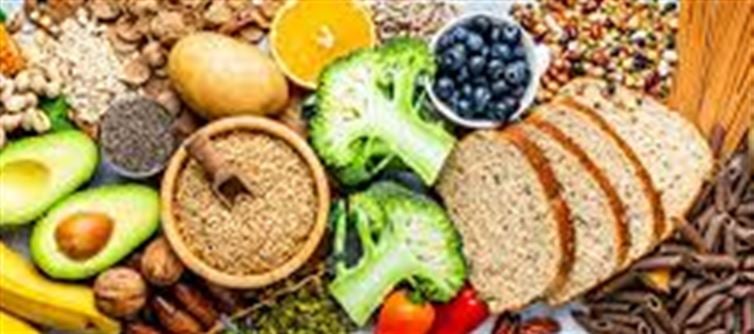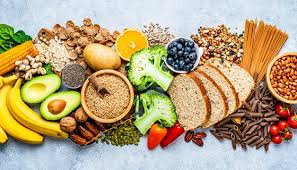

Improving gut health naturally starts with a balanced, fiber-rich diet. Fruits, vegetables, whole grains, and legumes are packed with dietary fiber, which acts as food for beneficial gut bacteria. Fiber-rich foods promote the growth of good bacteria, support digestion, and can help prevent constipation. Prebiotic foods, such as garlic, onions, bananas, and asparagus, specifically nourish the beneficial microbes in your gut, promoting a healthy balance of gut flora.
Probiotic-rich foods are another essential component for gut health. Fermented foods like yogurt, kefir, kimchi, sauerkraut, and miso contain live bacteria that support and replenish the gut’s microbiome. These probiotics help maintain a healthy balance of good bacteria, improving digestion, boosting the immune system, and potentially reducing inflammation in the gut. Including these foods regularly in your diet can help restore a natural balance of beneficial bacteria.
Staying hydrated is also crucial for maintaining optimal gut function. Water supports the movement of food through your digestive tract and helps dissolve nutrients so they can be absorbed more easily. Drinking plenty of water throughout the day can prevent constipation, keep your gut lining hydrated, and ensure that the beneficial microbes in your gut thrive. Herbal teas, like ginger or peppermint, can also soothe and stimulate digestion, especially after meals.
Lastly, managing stress is key to improving gut health. Chronic stress can disrupt the gut microbiome and lead to digestive issues like irritable bowel syndrome (IBS) or bloating. Incorporating relaxation techniques, such as yoga, meditation, deep breathing, or mindfulness practices, can help reduce stress levels and promote better digestion. A balanced lifestyle that includes physical activity, quality sleep, and emotional well-being is essential for maintaining a healthy gut.




 click and follow Indiaherald WhatsApp channel
click and follow Indiaherald WhatsApp channel